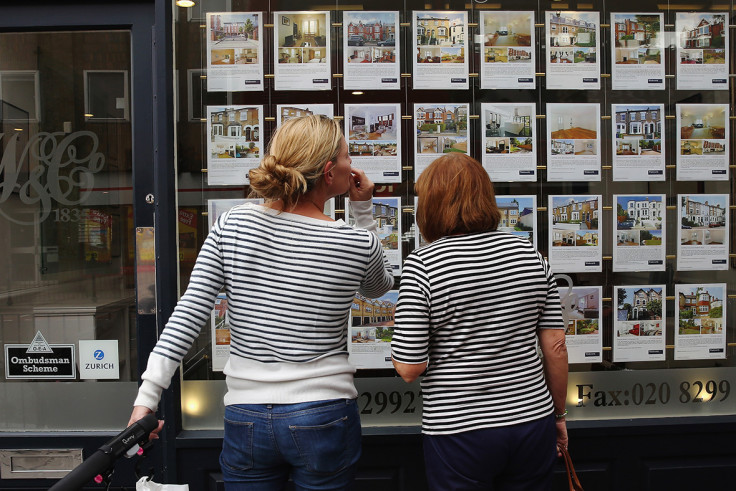UK house prices have 'gone off the boil' but don't expect the property market to crash
Nationwide reports a slight fall in prices during February.
House prices in the UK fell on average during February, denting hopes that the market was on the up again after a surprise increase the month before, though values will continue to be supported by a weak supply of new homes.
The mortgage lender Nationwide said in its February house price index that the average value fell by 0.3% month-on-month to £210,402. House prices rose by 2.2% year-on-year, said Nationwide, a slowdown from January's annual rate of 3.2%.
"Month-to-month changes can be volatile, but the slowdown is consistent with signs of softening in the household sector in recent months," said Robert Gardner, Nationwide's chief economist.
"Retail sales were relatively soft over the Christmas period and at the start of the new year, as were key measures of consumer confidence, as the squeeze on household incomes continued to take its toll.
"Similarly, mortgage approvals declined to their weakest level for three years in December, at just 61,000. Activity around the year end can often be volatile, but the weak reading comes off the back of subdued activity in October and November (approvals were around 65,000 per month compared to an average of 67,000 over the previous 12 months). Surveyors report that new buyer enquiries have remained soft in recent months."
He continued: "How the housing market performs in the year ahead will be determined in large part by developments in the wider economy and the path of interest rates. Brexit developments will remain a key factor, though these remain hard to foresee."
The regional picture is varied, with some areas outperforming others. London in particular is experiencing a sharp slowdown in house price growth after a booming few years as values top out and sit beyond affordability for most in the city. Waning confidence in the UK economy over Brexit, and perceptions that the market has peaked, is deterring some foreign investors, weakening demand for London residential property.

"With the ongoing financial squeeze on households, you sense the house price slowdown has now begun in earnest," said Jonathan Samuels, CEO of the property lender Octane Capital.
"High living costs, low wage growth, potential rate rises and a lethargic economy in the shadow of Brexit: for consumers, the bad news is in stereo mode. While weak supply and very low borrowing costs will prevent a collapse in prices, it's hard to see 2018 delivering anything other than very low single digit growth.
"February could go down as the month the big freeze on prices took hold."
"While the country shivers from the full force of the Beast from the East, the housing market is suffering from its own chilly period," said Sam Mitchell, the CEO of online estate agents HouseSimple.com.
"House prices have gone of the boil, particularly in London, and activity remains subdued as we approach the crucial Spring period. Buyers are viewing but are not showing any urgency to offer.
"The housing market isn't about to suffer a full blown crash, but we have some tough months ahead and a lot of hard negotiating between buyers and sellers if the market is to get back on track."






















